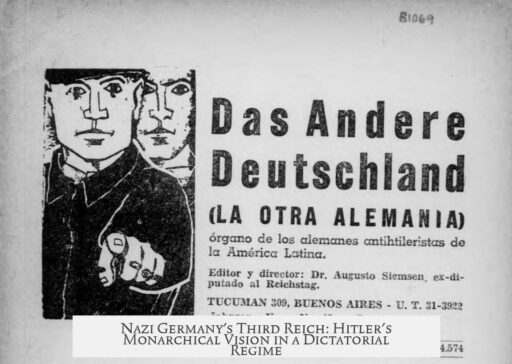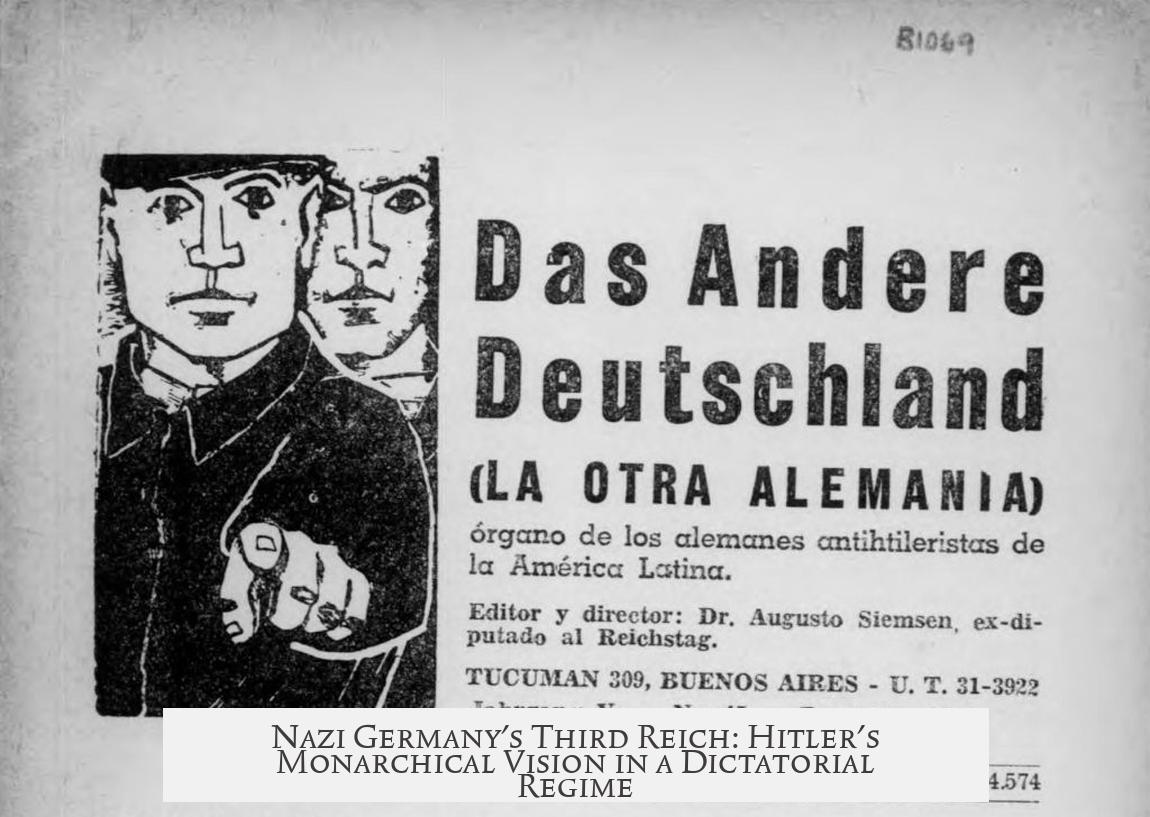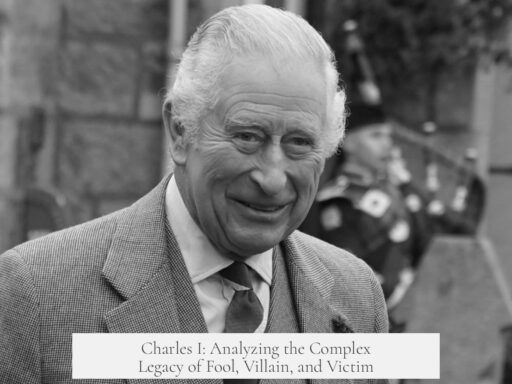The term “Third Reich” was used by Nazi Germany to evoke a sense of historical continuity and destiny, linking it to a grand German legacy. Despite Germany lacking an emperor, the phrase originates from a cultural and ideological context rather than a literal monarchy. Hitler’s self-image as a leader did include monarchic elements, but he styled himself primarily as a Führer, or leader, rather than a traditional monarch.
The phrase “Third Reich” was popularized by the Nazis but originally coined by German writer Arthur Moeller van den Bruck in his 1923 book Das Dritte Reich. He outlined three historical German realms: the First Reich was the Holy Roman Empire; the Second Reich was Imperial Germany under the Kaisers. The Third Reich, in his vision, was an idealized, moral, and unified German realm rather than a direct political continuation.
Moeller van den Bruck’s use of “Reich” implied more than an empire or kingdom. The German word “Reich” translates closer to “realm,” implying a cultural and national domain. It encompasses a people, a culture, and a vision beyond strict political or imperial boundaries. This explains why Nazi Germany could call itself the Third Reich despite lacking an emperor or monarchy.
The Nazis eagerly adopted this concept to legitimize and glorify their regime. It was propaganda designed to present Nazi Germany as the rightful heir to Germany’s historic greatness. The term symbolized a new, stronger, and morally superior Germany under Nazi rule.
Regarding Hitler’s self-perception, there is no clear evidence he openly saw himself as a monarch. He used the title Führer, meaning leader. While the term Reich carries monarchic suggestions, Hitler’s rule was personalist and dictatorial rather than formally monarchical. Some interpret his style as monarch-like because of his absolute authority, but he did not adopt traditional monarchical titles or systems.
| Aspect | Details |
|---|---|
| Origin of “Third Reich” | From Arthur Moeller van den Bruck’s 1923 book defining a moral, ideal German realm |
| Meaning of Reich | Translates as realm, indicating cultural domain not just empire |
| Nazi Usage | Propaganda tool to claim historical legitimacy and moral superiority |
| Hitler’s Self-View | Stylized as Führer (leader), not monarch; exercised absolute personal power |
- The Third Reich represented an idealized German realm, not a monarchy.
- “Reich” means realm, covering culture and people, not just empire.
- Nazis used the term for propaganda to imply historical continuation.
- Hitler styled himself as Führer, holding dictatorial power akin to a monarch but without formal monarchy.
Why Was Nazi Germany Called the Third Reich if Germany Had No Emperor? Did Hitler See Himself as a Monarch Rather Than a Dictator?
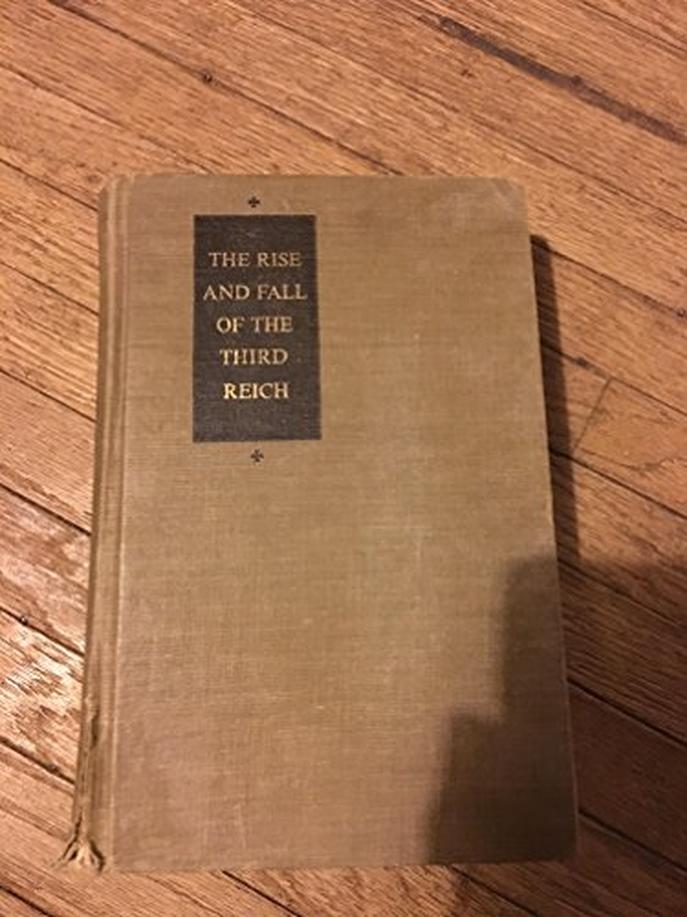
Nazi Germany earned the title “Third Reich” from a historical and ideological lineage that predates Hitler, rooted more in cultural identity and propaganda than actual monarchy—or even an emperor. This label was a strategic choice, serving a purpose far beyond mere semantics. So what made the Nazis reach back into history to call their regime the Third Reich, and how does that fit with Hitler’s leadership style? Let’s dive into the fascinating story behind the name and explore the idea of Hitler as more monarch than dictator.
When you hear “Third Reich,” you might immediately picture an empire ruled by an emperor—or at least a king. But Nazi Germany had neither. The Weimar Republic, just before the Nazis, ended the monarchy of Kaiser Wilhelm II in 1918. And yet, the Nazis insisted on framing their regime as the “Third Reich.” Why?
1. The Historical Roots of the “Third Reich”
The term “Third Reich” wasn’t made up by Hitler or the Nazis. It originated with German intellectual Arthur Moeller van den Bruck in his 1923 book Das Dritte Reich (The Third Reich). Now here’s the twist: Moeller van den Bruck wasn’t spelling out a political plan, but rather an idealized vision for Germany’s future.
He viewed history as a trilogy:
- The First Reich: The Holy Roman Empire (a loose collection of states purportedly led by an emperor but often fragmented and ineffective).
- The Second Reich: The German Empire under Kaiser Wilhelm (more centralized, but it failed to unite all Germans and collapsed after WWI).
- The Third Reich: A “perfected” Germany—greater, more moral, unified, and culturally superior.
Notice something important? This Third Reich wasn’t specifically a political blueprint; it was an aspirational idea about German destiny. Moeller van den Bruck imbued the Third Reich concept with cultural and moral weight. It was the promise of a “realm” more than a formal empire.
2. How the Nazis Turned the Concept into Propaganda
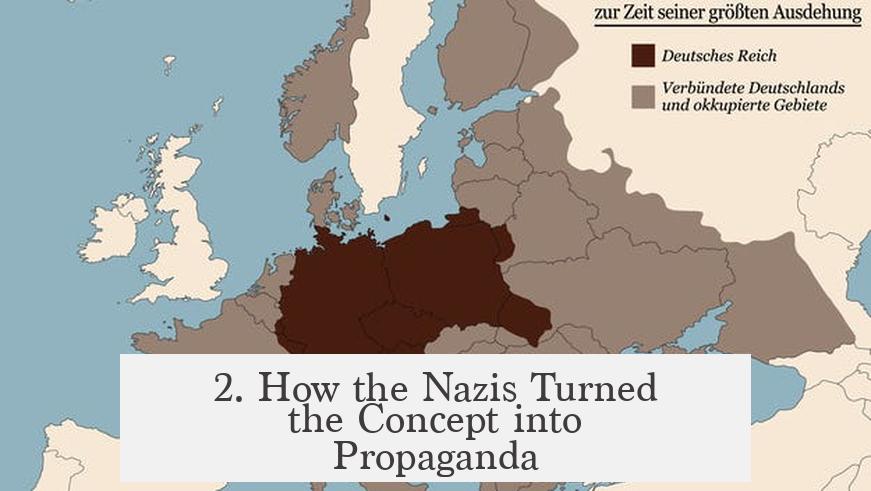
The Nazis loved this grandiose notion. They didn’t invent the idea, but they aggressively popularized it and molded it for their purposes. By calling Nazi Germany the Third Reich, they presented their rule as the ultimate realization of Germany’s historical line—a new golden era following the “failures” of the past.
This wasn’t just about naming; it was about framing their political legitimacy and cultural destiny. The term offered a connection to history, suggesting continuity and superiority. It was propaganda gold, blending past prestige with the promise of future greatness. The Third Reich wasn’t just a regime; it was an ideological “realm” to rally around.
3. Reich vs. Empire: What Does “Reich” Really Mean?
Here’s where it gets a little less straightforward. You’ll often see “Reich” translated as “Empire.” But that’s a half-truth. The German word Reich evokes something broader—like the English word “realm.” A realm isn’t just an empire ruled by a king; it’s a domain, a sphere of influence, a cultural and political order.
The First Reich was loosely an empire but more a patchwork of territories under the Holy Roman Emperor. The Second Reich was more obviously an empire ruled by a monarch. The Third Reich, however, was something different. It was not an empire with a crowned emperor, but a realm molded by a new kind of leadership and ideology.
4. Did Hitler See Himself as a Monarch Rather Than a Dictator?
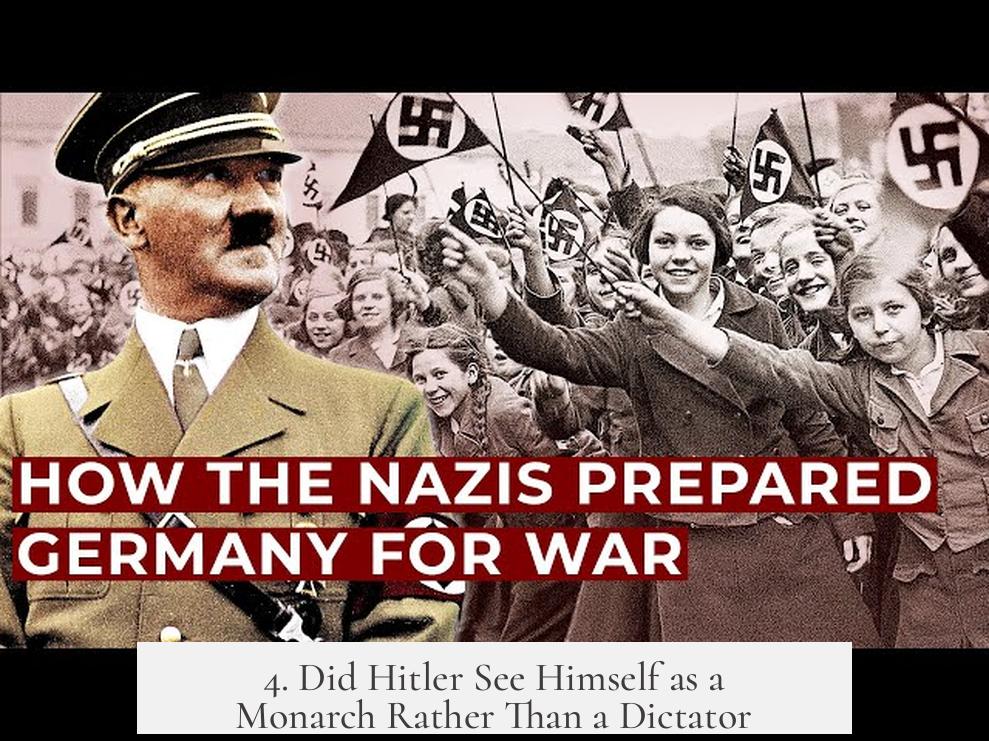
This question tantalizes many history buffs. Was Adolf Hitler a monarch in all but name? The available evidence from historians offers no direct statement that Hitler saw himself explicitly as a monarch. The title “Führer” translates as “leader,” not king or emperor, and was uniquely tailored for his dictatorship.
Still, the concept of “Reich” implies a realm that, historically, carried monarchist undertones. It’s fair to say Hitler adopted some monarchical styles: centralized power, a cult of personality, and an idea of ruling a “German realm.” These qualities echo monarchic symbolism rather than democratic leadership.
In fact, Hitler’s leadership was characterized by absolute control akin to a monarch’s. He combined political dictatorship with a personal mythos, wielding power not just through laws but through his image as the embodiment of the German nation. Though not literally crowned, he embodied an autocratic ruler’s role. It was a monarchy, minus the crown and royal blood—more a personal dictatorship clothed in monarchist traditions.
5. What Does This Mean for Understanding the Third Reich?
So why call Nazi Germany the Third Reich if there was no emperor? Because the Nazis — motivated by ideas from Moeller van den Bruck — wanted to present their regime as the culmination of German history: a new German realm that corrected past mistakes, unified the German people, and embodied moral and cultural renewal.
Hitler, while not a monarch with a crown, acted like a sovereign ruler over this “realm.” His leadership style evokes monarchy more than usual dictatorships, even if he never wore a crown or used monarchical titles. The term “Third Reich” was a powerful symbol of continuity, destiny, and absolute authority.
Final Thoughts: What Can We Learn?
Words matter. The Nazis used the term “Third Reich” to wield history as propaganda and legitimize their brutal regime. They didn’t need an emperor’s throne. They created a kingdom of ideas under a single leader—Hitler—who ruled like a monarch in practice if not in name.
Next time someone wonders about the “Third Reich,” remember it’s not just a matter of political structure but identity, culture, and power. Hitler’s Germany was a realm, an empire of ideology, where the Führer reigns supreme without a crown.
So, if you’re thinking about history and power titles today, ask yourself: Is an emperor’s crown necessary to wield empire-like power? Apparently not, if you can create a “realm” and have everyone call you “Führer.”
